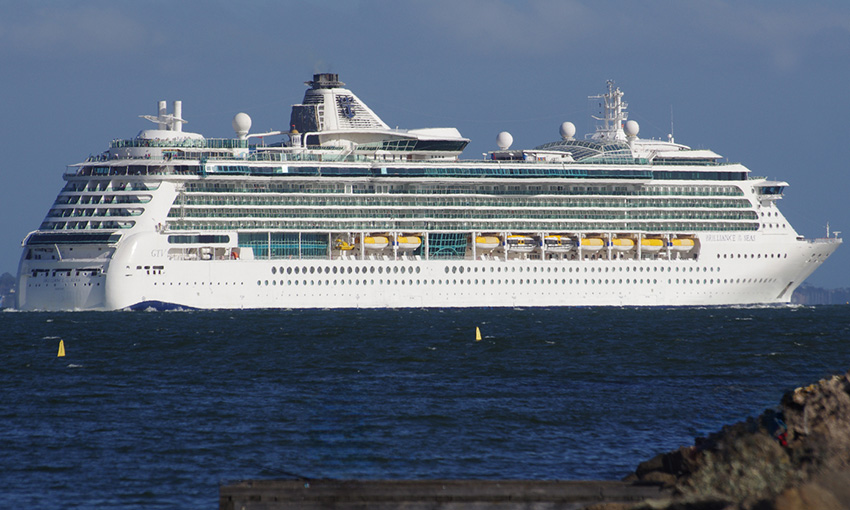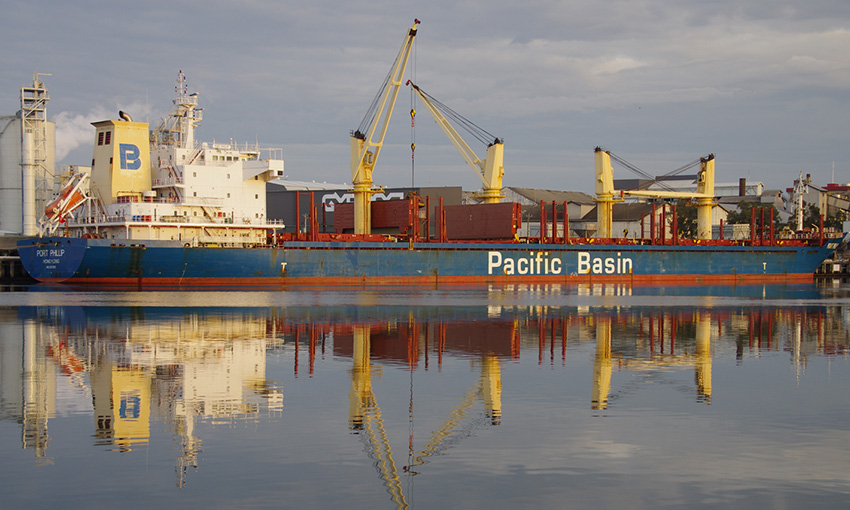DAY two of GreenPorts Congress Oceania 2023 explored some of the most important and challenging aspects of sustainability in the ports sector.
This is the first time the long-running GreenPort Congress has been held in the Southern Hemisphere. Port of Newcastle is hosting this year’s event.
Sessions began on Wednesday (15 February) and focused on climate change, renewable energy, net-zero carbon cruising and collaborative communities.
Thursday’s agenda began with a discussion on green financing for sustainable port development.
Sustainable ESG director Jackie Spiteri outlined the ways the maritime sector can integrate ESG into corporate business models.
“I believe that materiality is the best place to start; to make sure that you’re focusing your efforts and your resources on those sustainable issues that are material to your organisation,” Ms Spiteri said.
She encouraged organisations to consider their environmental footprint and prioritise the issues they tackle.
“It’s about thinking about what you can control and influence as an organisation [and] the remit of your control and influence over those.”
The following sessions focused on green logistics in multimodal supply chains, maritime projects for decarbonisation by 2050 and pathways to sustainable ports.
Ivan Spanjic, chief commercial officer at Svitzer Australia and Svitzer’s newly appointed global head of green ports, looked at the potential for carbon-neutral harbour towage and how it may assist the development of green corridors and green port initiatives.
“We’re eager to be a foundation customer and are willing to work with the entire supply chain in this important transition opportunity,” he said.
Mr Spanjic said Svitzer has identified a challenge in Australia’s policies around future fuels and interim fuels. The company plans to bring around 180 new tugboats into service by 2040.
“The horrible truth is that we’re not going to get there by building. We can’t build our way to a sustainable future.”
He said infrastructure, policy and legislation gaps in the supply chain is impacting uptake of biofuel as a future fuel and emphasised the importance of partnerships in the industry.
“We’re all on our own paths to the same destination, a sustainable, low and ultimately zero carbon future.”
The final sessions for the day unpacked the elements of green ports, drawing on some local and international case examples.
While the formal GreenPort Congress program concluded on Thursday afternoon, many delegates will stay for a tour of Port of Newcastle on Friday morning.
DCN will provide further in-depth coverage of the conference in the upcoming March edition of its magazine.





